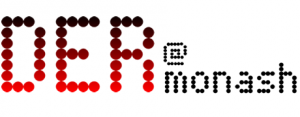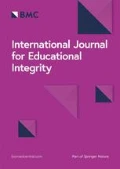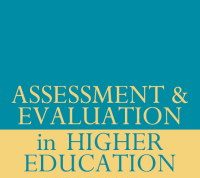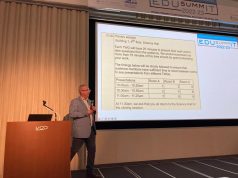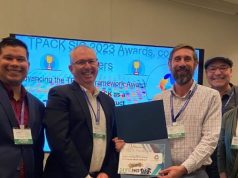Assessment feedback is critical for effectively promoting student learning. Feedback is the lynchpin to students’ effective decision making, and the basis of improved learning outcomes. However, feedback is under-utilised and often misunderstood by both students and educators. As such, this project aimed to enhance student learning and experience by improving institutional, educator, and student capacity to stimulate and leverage assessment feedback.
Across the 18 months of the project, almost 6000 students and educators participated in surveys, focus groups, interviews, workshops, and webinars. Findings from a large-scale survey of 4920 students and staff at two universities revealed that existing feedback practices are generally quite good. However, there is room for improvement in certain areas of current feedback practices. These include the need for sensitivity to individual student needs, ensuring that students have opportunities to enact feedback on a connected assessment task, encouraging students to seek feedback comments prior to submission, and working with students to leverage different sources of feedback comments (including from peers, family, and friends).
This project involved a number of outputs, including resources that have been purposely designed to support educators, academic developers and leaders in improving feedback practices. Key outputs include:
- Website created to host project details, findings and resources as they are developed: feedbackforlearning.org
- Statistical data and infographics shared via the project website, revealing patterns of feedback strategies and their reported strengths, weaknesses, and impact across diverse contexts (e.g. programs and disciplines).
- Seven rich cases of effective feedback, featuring downloadable PDFs and high-quality videos designed to be useful for educators wanting to adopt similar approaches.
- A framework of effective feedback, including a new definition of feedback, seven design challenges, 12 underlying conditions that support successful implementation of feedback, and 40 strategies for addressing those conditions.
- Professional learning resources including presentation slides, a recorded webinar, handouts and illustrations that support educators, academic developers and leaders to engage and use the case studies and framework.
- Workshops in six capital cities, with 295 academics and 66 senior university leaders actively designing how they might implement the project outcomes.
- Dissemination across the higher education sector, including an article in The Conversation, 32 local, national, and international keynotes, masterclasses, workshops, seminars and webinars, 2 published journal articles, and 6 conference presentations.
This project was funded by the Australian Government Office for Learning and Teaching. The final report can be downloaded from www.feedbackforlearning.org.
Investigators:
- A/Prof Michael Henderson, Monash University, Faculty of Education
- Prof David Boud, Deakin University, Centre for Research in Assessment and Digital Learning
- A/Prof Elizabeth Molloy, Monash University, Faculty of Medicine, Nursing and Health Sciences
- A/Prof Phillip Dawson, Deakin University, Centre for Research in Assessment and Digital Learning
- Dr Michael Phillips, Monash University, Faculty of Education
- Dr Tracii Ryan, Monash University, Faculty of Education
For more information, please visit the project website here: www.feedbackforlearning.org
